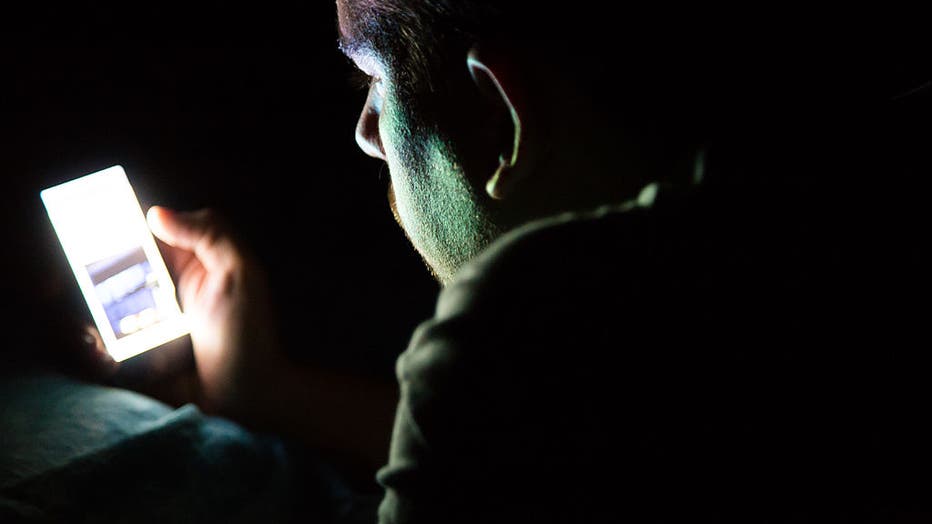Nearly 1 in 5 Americans regularly or occasionally use sleep medication, survey finds
Nearly one in five American adults say they turn to medication either occasionally or regularly to help them sleep, according to new research shared by U.S. health officials — which also showed use is more common among women compared to men.
The research, published this week by the U.S. Centers for Disease Control and Prevention’s National Center for Health Statistics, is based on data from the National Health Interview Survey in 2020.
Taking sleep medication was defined as any medication, both prescribed and over-the-counter, to help fall asleep or stay asleep "most days" or "every day" in the past 30 days.
In 2020, 6.3% of adults said they took sleep medication every day in the last 30 days, 2.1% took medication most days, and 10% took medication some days, according to the data brief.
A total of 81.6% of American adults said they hadn’t taken sleep medication.

FILE - Man’s feet sticking out from under the bed sheets. (Photo by Fairfax Media via Getty Images via Getty Images)
The researchers also noted that women (10.2%) were more likely than men (6.6%) to take medication for sleep across all age groups, and the use of medication generally increased with age.
Furthermore, the percentage of adults who took medication for sleep every day or most days was the highest among White adults (10.4%), followed by Black adults (6.1%) and Hispanic (4.6%) adults, the data brief said. The lowest percentage was among Asian adults.
Sleep medication use also decreased as family income increased, from 10% of adults with an income below the federal poverty level to 8.2% among those making two or more times the federal poverty level, the researchers said.
The American Academy of Sleep Medicine (AASM) recommends that adults should get seven hours or more of sleep per night on a regular basis for optimal health. But previous research has indicated that many adults struggle to get enough sleep and turn to sleep aids as a result.
Sleeping medication can include over-the-counter drugs, and dietary supplements — all of which can affect people in different ways, the AASM says.

FILE - A night scene with a selection of medication and a glass of water. (Photo by: Newscast/Universal Images Group via Getty Images)
"Each medication targets a specific part of the brain. It is the brain that controls when your body sleeps and when it is awake. This is a complex process that also involves your heart, lungs and muscles," the AASM states.
While some sleep medications can be helpful tools to get a better night’s rest, they can also cause dependence when taken long-term and result in a tolerance to the medication or withdrawal symptoms, the AASM says.
Tips for getting better sleep

FILE - Man lying on a bed at night in a dark room checking his smartphone. (Credit: Getty Images)
Having good sleep habits can help people get better rest. This includes having a consistent sleep schedule, even on weekends or during vacations, according to the CDC and AASM.
It’s also important to make sure the bedroom is quiet, dark, and at a comfortable temperature.
Avoid eating large meals and drinking both caffeine and alcohol before bed, experts suggest. Meanwhile, limit exposure to bright light in the evenings and particularly electronics.
Exercise can also help with better sleep. Being physically active during the day can help one fall asleep more easily at night, the CDC says.
This story was reported from Cincinnati.

